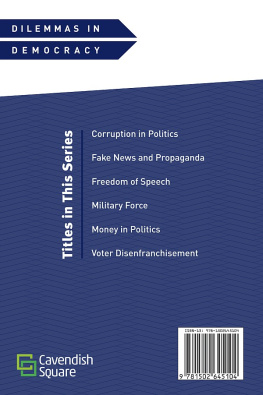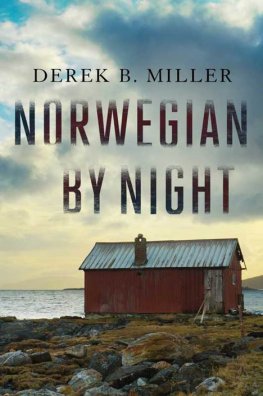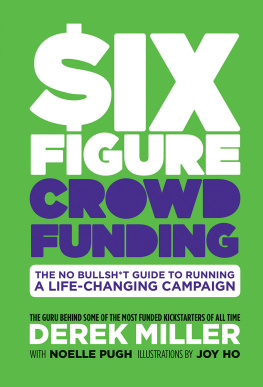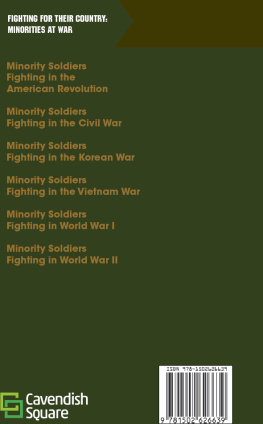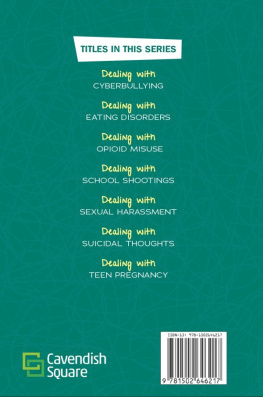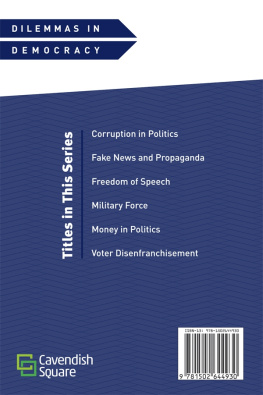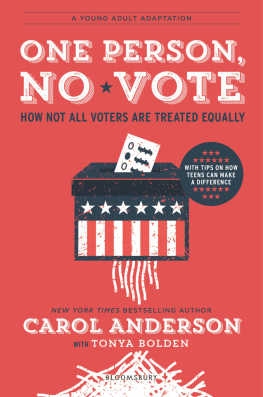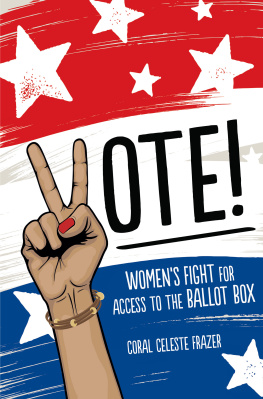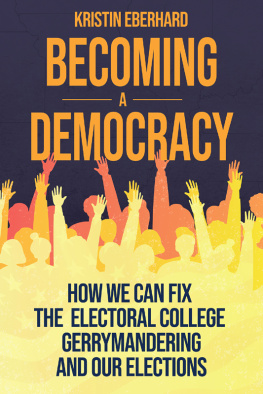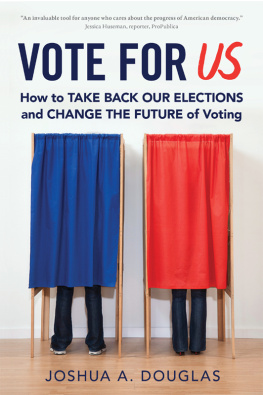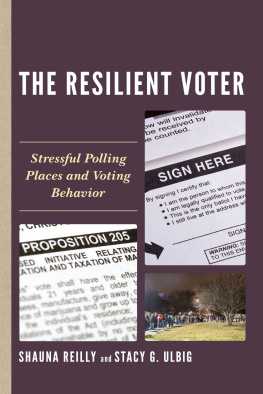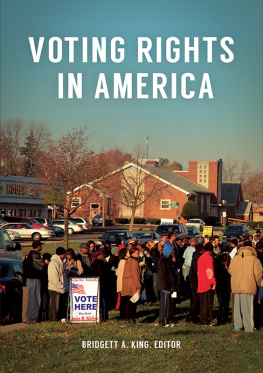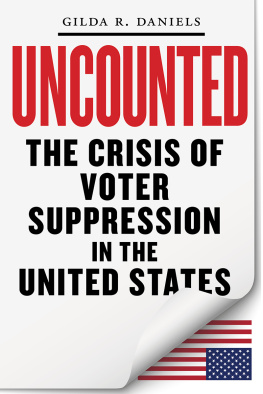
Published in 2020 by Cavendish Square Publishing, LLC
243 5th Avenue, Suite 136, New York, NY 10016
Copyright 2020 by Cavendish Square Publishing, LLC
First Edition
No part of this publication may be reproduced, stored in a retrieval system, or transmitted in any form or by any meanselectronic, mechanical, photocopying, recording, or otherwisewithout the prior permission of the copyright owner. Request for permission should be addressed to Permissions, Cavendish Square Publishing, 243 5th Avenue, Suite 136, New York, NY 10016. Tel (877) 980-4450; fax (877) 980-4454.
Website: cavendishsq.com
This publication represents the opinions and views of the author based on his or her personal experience, knowledge, and research. The information in this book serves as a general guide only. The author and publisher have used their best efforts in preparing this book and disclaim liability rising directly or indirectly from the use and application of this book.
All websites were available and accurate when this book was sent to press.
Library of Congress Cataloging-in-Publication Data
Names: Miller, Derek.
Title: Voter disenfranchisement / Derek Miller.
Description: New York: Cavendish Square Publishing, 2020. | Series:
Dilemmas in democracy | Includes glossary and index.
Identifiers: ISBN 9781502645098 (pbk.) | ISBN 9781502645104
(library bound) | ISBN 9781502645111 (ebook)
Subjects: LCSH: Suffrage--United States--Juvenile literature. | Voting--United States--Juvenile literature. |
Elections--United States--Juvenile literature. | Political rights, Loss of--United States--Juvenile literature.
Classification: LCC JK1846.M555 2020 | DDC 303.6/20973--dc23
Editorial Director: David McNamara
Editor: Caitlyn Miller
Copy Editor: Alex Tessman
Associate Art Director: Alan Sliwinski
Designer: Christina Shults
Production Coordinator: Karol Szymczuk
Photo Research: J8 Media
The photographs in this book are used by permission and through the courtesy of:
Cover Richard Levine/Alamy Stock Photo; background (and used throughout the book) Artist Elizaveta/ .
Printed in the United States of America
CONTENTS
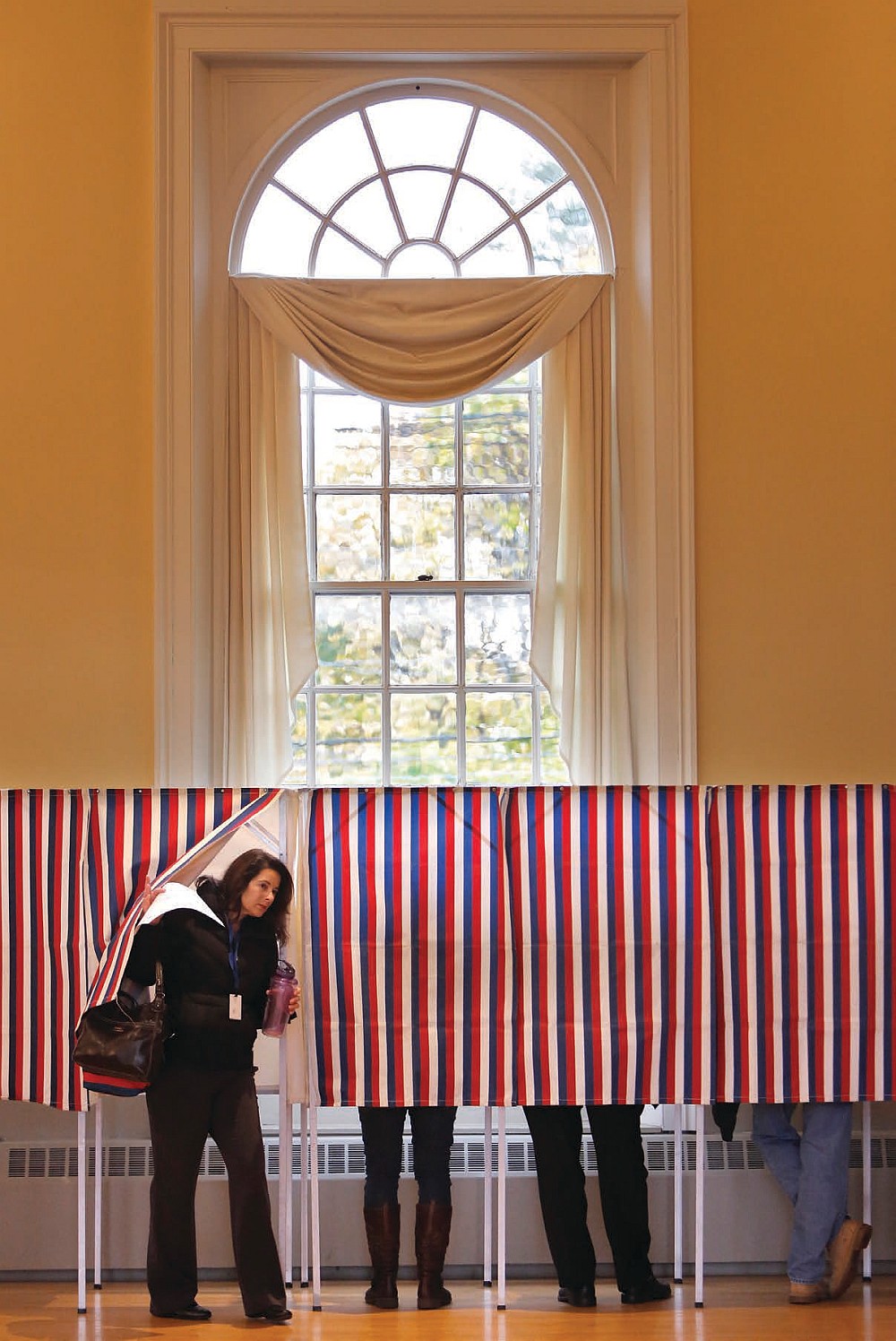
A woman in Maine exercises her right to vote during the 2014 elections.
CHAPTER 1
What Is Voter Disenfranchisement?
F ew rights are as important as the right to vote. The ability of the people to choose their leaders is the foundation of democracy, and voting is how people make that choice. Taking away someones right to vote silences their voice. Someone who cannot vote has no say in who leads the country. They cannot make their wishes known, and therefore, the government no longer represents them. As a result, the issues of who can vote and who should have their right to vote taken away are some of the most important questions that a democracy faces.
Disenfranchisement
When someones right to vote is taken away, it is called disenfranchisement. Sometimes, disenfranchisement is a punishment. In many US states, people convicted of serious crimesfeloniesare disenfranchised for a time by law. They may not be allowed to vote in prison, after being released, or even for the rest of their lives in the strictest states.
Felony disenfranchisement is legal in the United States. However, it is still controversial. Many people believe that it violates the rights of people convicted of felonies. On the other hand, supporters say that people convicted of serious crimes should not have the right to vote because of their past choices.
Often, disenfranchisement is not as straightforward as felony disenfranchisement. Instead of being a punishment, disenfranchisement is sometimes carried out through voting restriction laws or practices. Voting restriction laws make it more difficult to vote. Broadly speaking, voting restriction laws are legal when they do not intend to disenfranchise anyone. They are illegal when they intend to disenfranchise specific groups of people, like minority or elderly voters.
The question of whether voting restriction laws disenfranchise people is a divisive one. It is an ongoing debate both in Washington, DC, and in state governments across the country. Since 2013, many states have passed voting restriction laws. Supporters say they make voter fraud less likely. (Voter fraud occurs when votes are cast illegally by someone who does not have the right to vote or when someone casts more than one vote.) Opponents say voting restriction laws disenfranchise people, often minority voters.
The judicial system has weighed in on some of these laws. Laws judged to disenfranchise minority voters have been struck down by courts, while other voting restrictions have been upheld in court. Judges look at the details and effects of laws before deciding if they are appropriate.
How Disenfranchisement Works
Many different laws and practices can result in disenfranchisement. Practices that make it difficult or time-consuming to cast a ballot may rise to the level of disenfranchisement. Difficulty in casting a ballot is especially concerning when it affects certain voters more than others.
Voters from rural areas and minority neighborhoods as well as voters with disabilities and elderly voters sometimes face more difficulty when casting a ballot. Whether this qualifies as disenfranchisement is somewhat of a political question. Supporters of the current system argue that difficulty voting is an accidental result of current laws and practices. Critics argue that in some cases laws and practices are meant to silence voters. When many people are disenfranchised, it is called voter suppression.
We will now look at the most common practices and laws that critics say disenfranchise certain voters. These issues affect particular states and polling districts more than others. Ongoing court cases and political debates address whether these specific state and local practices should be allowed or if they disenfranchise too many voters.
Long Waits at the Polls
Voters are sometimes forced to wait hours before casting their vote. This issue raises worries about disenfranchisement, especially when wait times are only long in some areas. In the 2018 elections, many different states and districts struggled to allow voters to cast their ballot in a reasonable amount of time. Long wait times can result from any number of issues: malfunctioning voting machines, a lack of poll workers, higher turnout than expected, or poor management.
The Universal Declaration of Human Rights
Not everyone in the world has the right to vote. Many people live in countries where they are not allowed to express themselves politically. There may not be elections at all, or there may be elections, but citizens face imprisonment or death if they vote against the government.
According to the Democracy Index, which is compiled by a wellrespected analysis group, 76 of the 167 world countries studied are democracies. About 49.3 percent of the worlds population lives in one of these democratic countries. The remainder live in countries that are not democracies. They may have the right to vote in elections, but the elections are not free. Opponents to the ruling party may not be allowed to run, or the result of the election may be predetermined.
Despite the current state of affairs, taking part in a free and democratic government is a human right. Human rights are fundamental rights that all human beings have. Many international agreements and treaties describe the human rights that countries around the world agree on. One of the most important of these documents is the Universal Declaration of Human Rights. It was adopted by the United Nations (UN), an organization made up of the countries of the world, in 1948.

